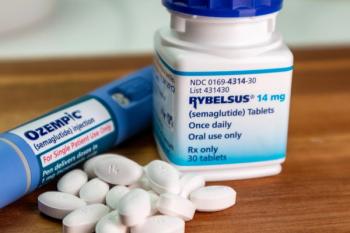
Poster aims to improve awareness of the potential risk of suicidal ideation in patients taking semaglutide.

Poster aims to improve awareness of the potential risk of suicidal ideation in patients taking semaglutide.
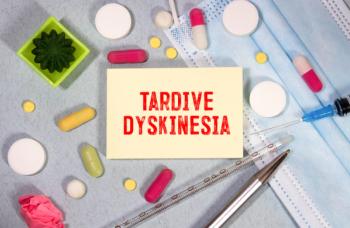
New research on tardive dyskinesia has also been featured at the 2024 APA Annual Meeting.

Poster at the 2024 APA Annual Meeting explores link between MDD, atopic dermatitis, psoriasis, and inflammation.

The president of the American Medical Association shares how AI can be useful to clinicians at the 2024 APA Annual Meeting.

Here are highlights from the first day of this year’s APA Annual Meeting.
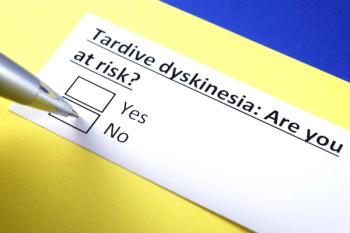
This 2024 APA Annual Meeting poster estimated the prevalence of tardive dyskinesia in antipsychotic users in the US, and found rates ranging from 94.1-127.4 per 1000 antipsychotic users.

How does artificial intelligence have the potential to shape the future of psychiatry?

How can we raise the standard of excellence in the field of sports psychiatry?

Petros Levounis, MD, MA, talks addiction, buprenorphine, his year as president of the APA, and more at the 2024 Annual Meeting.

Do you need to build leadership skills? Check out this 2024 APA Annual Meeting session from the American Association for Psychiatric Administration and Leadership!

The President-Elect of the AAPAL sat down with Psychiatric Times at the 2024 APA Annual Meeting to discuss building leaders.

This 2024 APA Annual Meeting poster investigated the relationship between antiobesity agents like semaglutide and depression.

Joseph F. Goldberg, MD, sat down with Psychiatric Times' Editor-in-Chief at the 2024 APA Annual Meeting.
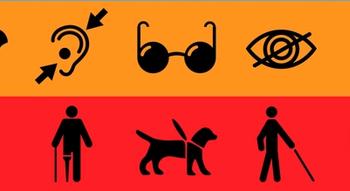
Speakers at the APA Annual Meeting share insights regarding to disability, both in patients and in clinicians.

Are individuals with bipolar disorder more likely to die from unnatural causes than the general population?
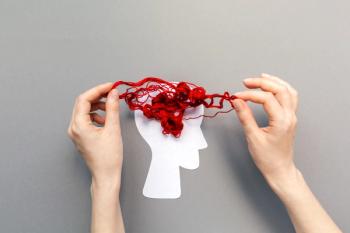
What makes this treatment option unique?

What are the connections between cannabis use and the onset of psychotic disorders?
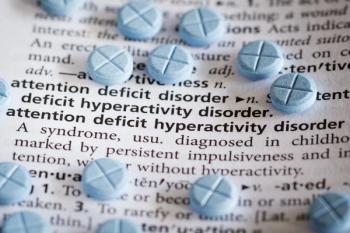
This 2024 APA Annual Meeting poster covered a literature review on the relationship between stimulant use and failure to thrive in pediatric patients with ADHD.

Use this protocol, presented at the 2024 APA Annual Meeting, in patients with cannabis use disorder to bolster likelihood of cannabis cessation or reduction in use.

This interactive installation begs the question, “What is the truth of life with schizophrenia?”

What is the potential impact of social media overuse and mental health crises in young patients?
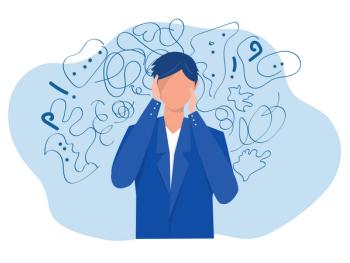
A look at 3 different psychiatric perspectives for successfully diagnosing ADHD in previously undiagnosed adults.
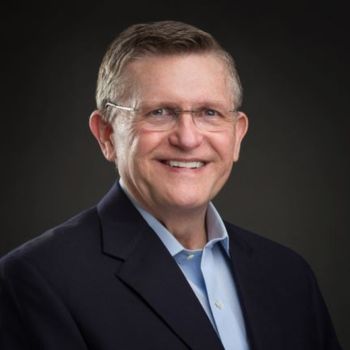
Explore treatment resistance at the 2024 APA Annual Meeting!
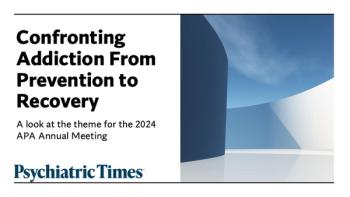
A look at the theme for the 2024 American Psychiatric Association Annual Meeting.

An expert gives us a preview of the clinical pearls clinicians can expect from his presentations at this year’s APA Annual Meeting.

Which is the best recommendation for the treatment of alcohol use disorder?

What is new in research on major depressive disorder?

Don't miss these 2 APA Annual Meeting sessions on personality disorders!

We asked some of the presenters and attendees of the upcoming 2024 APA Annual Meeting what they were excited about. Here's what they said.

Frontal lobe syndrome can present with a range of behaviors that do not meet traditional dementia/neurocognitive disorder criteria.